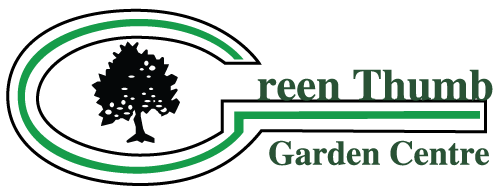Plant Search
Lemon Supreme Globeflower
Trollius europaeus 'Lemon Supreme'
Height: 12 inches
Spacing: 16 inches
Sunlight:
![]()
![]()
Hardiness Zone: 3a
Other Names: Buttercup
Description:
A wonderful, compact globeflower presenting large bright yellow blooms of overlapping, incurved petals; late spring to early summer blooming; use where bold color is needed in partial shade areas; a nice addition to a pond or stream margin
Ornamental Features
Lemon Supreme Globeflower has masses of beautiful double yellow cup-shaped flowers at the ends of the stems from late spring to early summer, which are most effective when planted in groupings. The flowers are excellent for cutting. Its serrated lobed leaves remain dark green in colour throughout the season.
Landscape Attributes
Lemon Supreme Globeflower is an herbaceous perennial with an upright spreading habit of growth. Its relatively fine texture sets it apart from other garden plants with less refined foliage.
This is a relatively low maintenance plant, and should be cut back in late fall in preparation for winter. Deer don't particularly care for this plant and will usually leave it alone in favor of tastier treats. It has no significant negative characteristics.
Lemon Supreme Globeflower is recommended for the following landscape applications;
- Mass Planting
- Rock/Alpine Gardens
- Border Edging
- General Garden Use
Planting & Growing
Lemon Supreme Globeflower will grow to be about 10 inches tall at maturity, with a spread of 18 inches. When grown in masses or used as a bedding plant, individual plants should be spaced approximately 16 inches apart. It grows at a medium rate, and under ideal conditions can be expected to live for approximately 10 years. As an herbaceous perennial, this plant will usually die back to the crown each winter, and will regrow from the base each spring. Be careful not to disturb the crown in late winter when it may not be readily seen!
This plant does best in full sun to partial shade. It prefers to grow in average to moist conditions, and shouldn't be allowed to dry out. It is not particular as to soil type or pH. It is somewhat tolerant of urban pollution. This is a selected variety of a species not originally from North America. It can be propagated by division; however, as a cultivated variety, be aware that it may be subject to certain restrictions or prohibitions on propagation.








